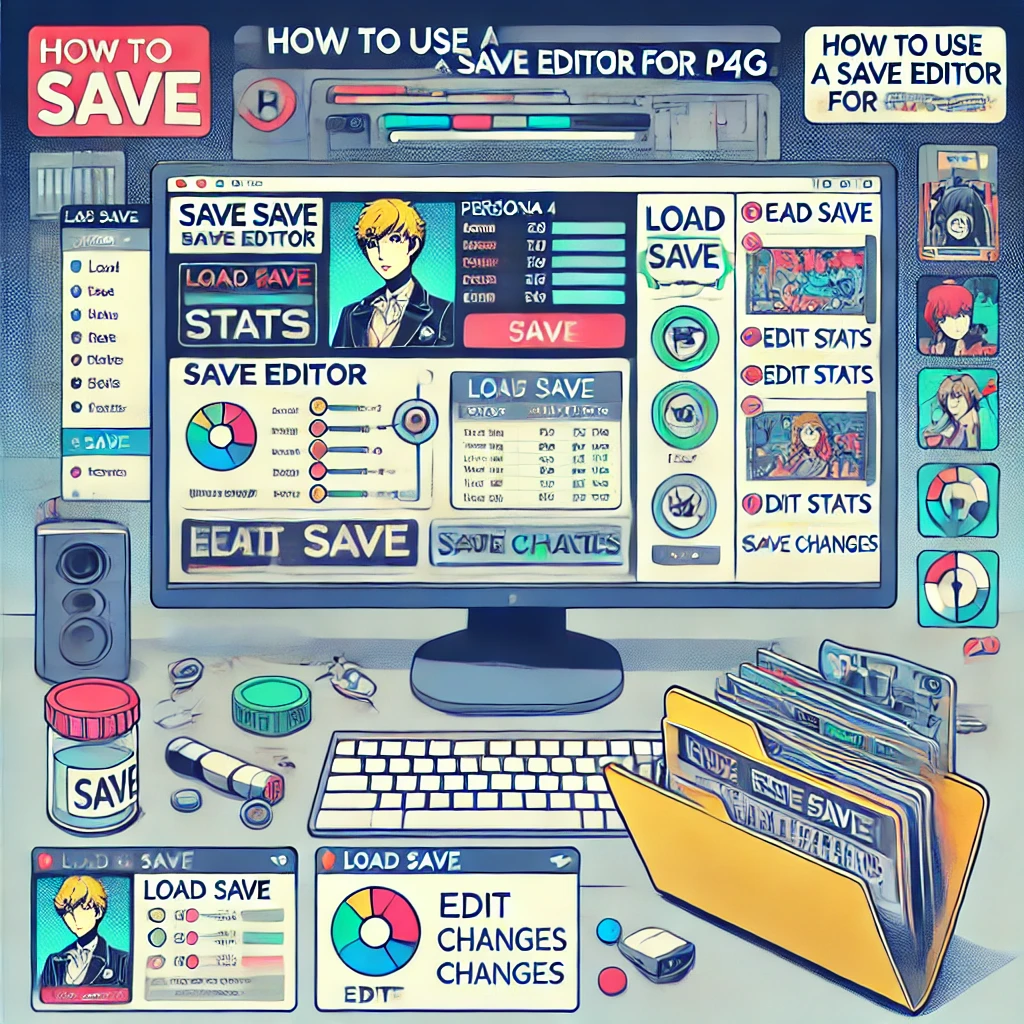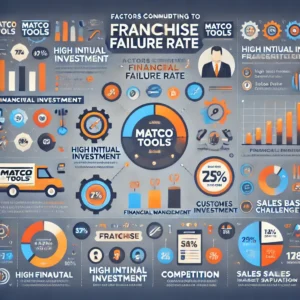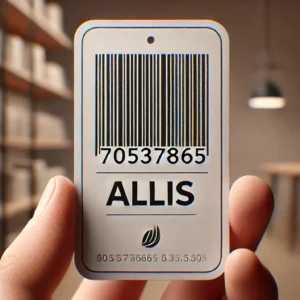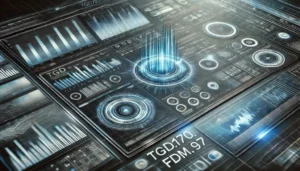What is 9300120111410471677883 and Why Does It Matter?
9300120111410471677883 might look like a string of random numbers to you.
But here’s the thing – numbers like these are everywhere in our world, and they often hold a lot more value than you might think.
So, what’s the big deal about 9300120111410471677883?
Maybe you’ve asked yourself: “Why do we care about such long numbers?”
The answer lies in how we use codes and digits in various industries.
From tracking systems to customer IDs, these numbers carry weight, but not everyone sees it at first glance.
Let’s dive into it in plain language, free from the tech jargon.
The Real-Life Uses of 9300120111410471677883
Have you ever wondered how you can track a package across the globe or how your customer service request doesn’t get lost in the system?
That’s where codes like 9300120111 410471677883 step in.
Think about it like this – every time you track a delivery or manage your account online, unique codes are at play.
Here’s a scenario:
You’ve ordered something online, and you want to keep tabs on it.
They give you a code, maybe something like 9300120111410471677883.
Without such a code, finding your specific package in a sea of others would be impossible.
But it’s not just about packages.
Businesses also use similar codes for internal tracking – from inventory systems to employee records.
These numbers, though they seem random, are often the lifeblood of organization.

How Codes Like 9300120111410471677883 Help with Efficiency
Let’s be real – nobody has the time to sift through endless names or descriptions.
When companies or systems deal with thousands (or even millions) of items, people, or requests, a unique code like 9300120111 410471677883 speeds up the process.
Imagine walking into a giant warehouse without any labeling.
How chaotic would it be to find what you need?
That’s the beauty of these number sequences.
They give order to chaos.
Say you run a business with thousands of products.
A simple code system saves your employees time and keeps the whole operation smooth.
9300120111410471677883 could be the ID that helps them locate that one product in a massive inventory.
The Everyday Example: Tracking Packages
You’re likely already familiar with tracking numbers, right?
When you buy something online, you get a code that helps you know where your package is in transit.
9300120111410471677883 could easily be one of those tracking numbers, ensuring you’re not left wondering when your order will arrive.
Each of those digits is carefully assigned to avoid confusion.
Imagine if two packages had the same number – it’d be a mess.
That’s why codes like 9300120111 410471677883 are vital.
They ensure that your order doesn’t get mixed up with someone else’s.
Are All Numbers Like 9300120111410471677883 Unique?
Great question!
For the most part, yes.
In many systems, numbers like 9300120111410471677883 are designed to be unique identifiers.
No two customers, products, or shipments should have the same number.
This unique aspect is what keeps systems from collapsing under the weight of millions of similar requests.
It’s all about precision.
When systems are built on unique identifiers like 9300120111410471677883, mistakes become less frequent, and efficiency improves.

FAQ: Common Questions About 9300120111410471677883
Q: Why do businesses use such long numbers?
A: Codes like 9300120111 410471677883 might seem long, but their length allows for more combinations and uniqueness.
The longer the number, the less likely you’ll have two codes that are the same.
Q: How are numbers like 9300120111410471677883 assigned?
A: It depends on the system.
In some cases, they are random; in others, they follow specific rules that help identify certain categories of products, customers, or locations.
Q: Can I track something using 9300120111410471677883?
A: If 9300120111410471677883 is assigned as a tracking number, absolutely.
It’s likely part of a package tracking system that helps you see where your order is at any given moment.
Q: How do companies ensure numbers like 9300120111410471677883 aren’t reused?
A: Most companies use algorithms that generate unique codes each time, so there’s little to no chance of overlap.
Bringing it All Together: Why You Should Care About 9300120111410471677883
It’s easy to dismiss long strings of numbers as unimportant, but numbers like 9300120111410471677883 are crucial to keeping businesses, shipping companies, and other systems running smoothly.
They act as digital fingerprints.
In a world filled with billions of transactions and records, these identifiers keep things from spiraling into chaos.
Without them, things would grind to a halt, and efficiency would take a nosedive.
Imagine if every time you ordered something online, you had no way of tracking it.
That’s a nightmare scenario.
Thankfully, codes like 9300120111410471677883 help prevent that.














Post Comment